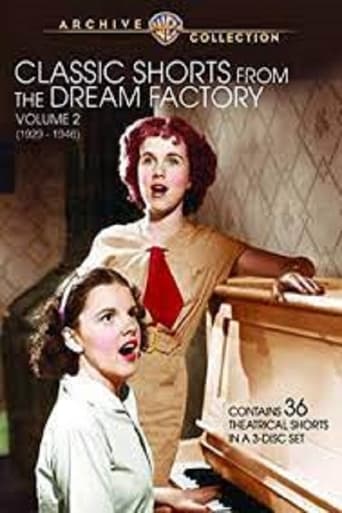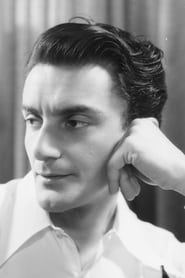
George Stoll
Sound
🎂 1905-05-07
From Wikipedia, the free encyclopedia Georgie Stoll (7 May 1905 in Minneapolis, MN – 18 January 1985 in Monterey, CA) was a musical director, conductor, composer and jazz violinist, associated with the Golden Age of Metro-Goldwyn-Mayer musicals and performers from the 1940s to 1960s. Born George Martin Stoll, he was also later credited as George E. Stoll (sometimes without the middle initial). Stoll made his musical debut as a boy violin prodigy, gaining nationwide fame. He toured North America as a jazz violinist on the Fanchon and Marco Vaudeville circuit and was part of the Jazzmania Quintet, appearing with Edythe Flynn in an early 1927 sound short. In San Diego, he became an orchestra and trio leader (his Rhythm Aces) and started to feature with Jack Oakie on radio programs, such as Camel Cigarette and NBC's Shell Oil Program. In 1934, Bing Crosby selected Stoll as his musical director for the second series of the CBS Woodbury radio programs Bing Crosby Entertains. For Decca, Georgie Stoll and His Orchestra accompanied Crosby and Louis Armstrong in the successful 1936 recordings of Pennies from Heaven. Stoll and his orchestra appeared on screen the same year in MGM's Swing Banditry. In 1937, he joined the MGM music department and was the musical director (frequently conductor too) for titles such as Honolulu, Ice Follies of 1939 and the Rooney-Garland hit Babes in Arms. He conducted the stage band which toured with Judy Garland and Mickey Rooney upon the release of The Wizard of Oz. He was given a single "Ruby Slipper" by Judy Garland upon completion of the Wizard of Oz (where he orchestrated the tornado and Wicked Witch's Castle escape scenes with George Bassman). At the studio Stoll worked frequently with the director Edward Buzzell and producers Arthur Freed, Roger Edens and Joe Pasternak. He was also a favorite pinochle-playing buddy of studio head Louis B. Mayer. Stoll kept his connection with the jazz world and visited clubs looking for rising talent. He recruited one of the first black arrangers at MGM, Calvin Jackson with whom he worked on the original music for his 1945 Oscar-winning score for the Kelly-Sinatra Anchors Aweigh. Stoll also encouraged the teenaged André Previn and used him to write many arrangements. In 1943, he conducted Garland through the first two of her Decca original cast albums from her popular movies, such as Girl Crazy and Meet Me in St. Louis, which included the hit single The Trolley Song (#3 on Billboard's Best Selling charts). His other recordings were quite eclectic: spanning the popular (often with harmonica virtuosoes Leo Diamond or Larry Adler), easy listening orchestral (e.g. MGM's Hollywood Melodies album) to the postwar American sessions of the tenor Lauritz Melchior. His career got a final innings boost when Pasternak hired him and his old colleague George Sidney to work with Elvis Presley on some of his later and better pictures (e.g. Viva Las Vegas and Spinout). After 9 Oscar nominations (last in 1962 for Billy Rose's Jumbo), Stoll retired upon completing the original music for the Ann-Margret vehicle Made in Paris. In October 2009, Stoll's Amati violin was sold by Tarisio Auctions for $620,000, the current world record for a Nicolo Amati sold at auction.
Cast credits(1)
Sound (58)
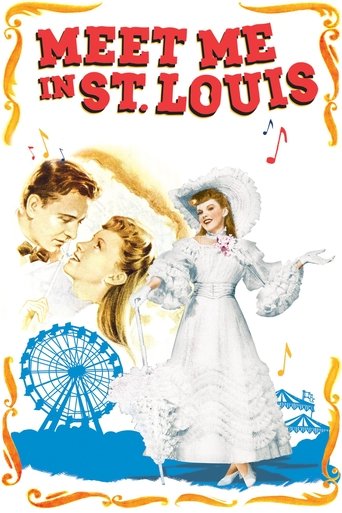
Music Director
1944
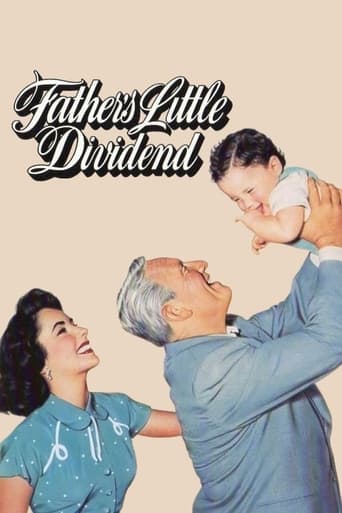
Conductor
1951
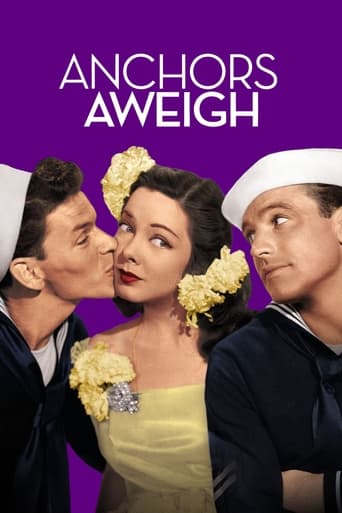
Music Director
1945
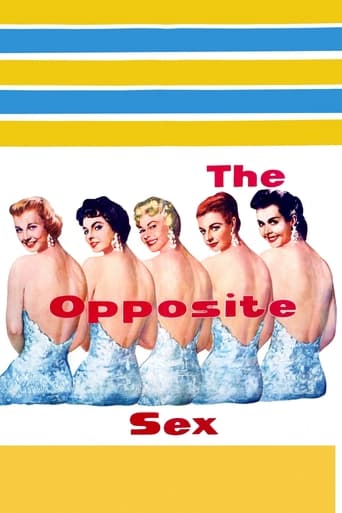
Songs
1956

Music Supervisor
1956

Original Music Composer
1956
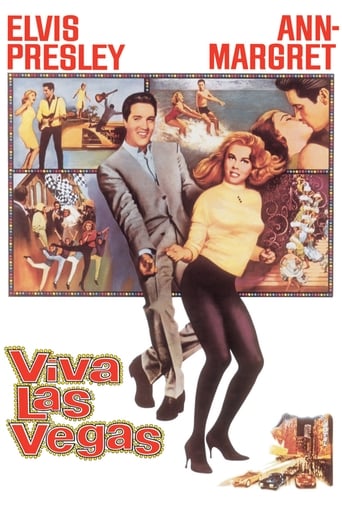
Original Music Composer
1964
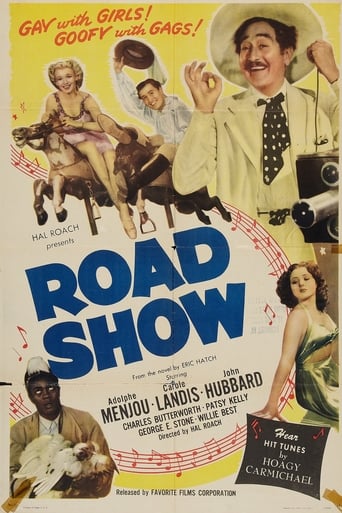
Original Music Composer
1941
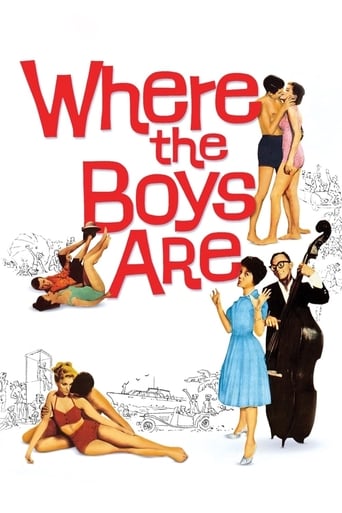
Original Music Composer
1960

Conductor
1963

Original Music Composer
1963
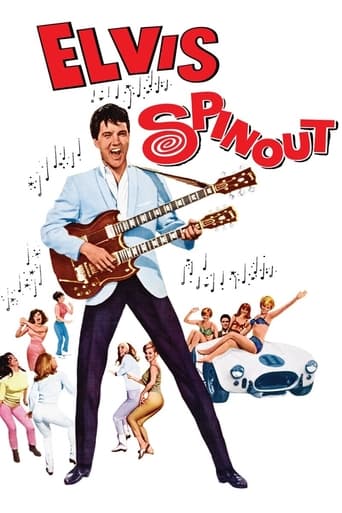
Original Music Composer
1966
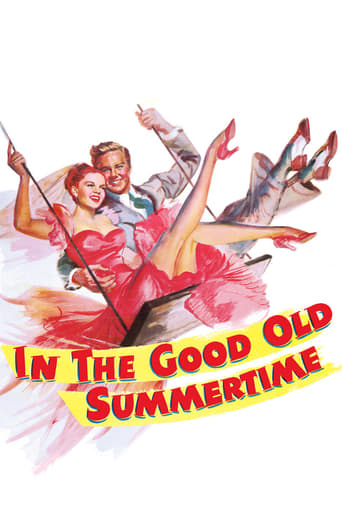
Original Music Composer
1949

Music Director
1948
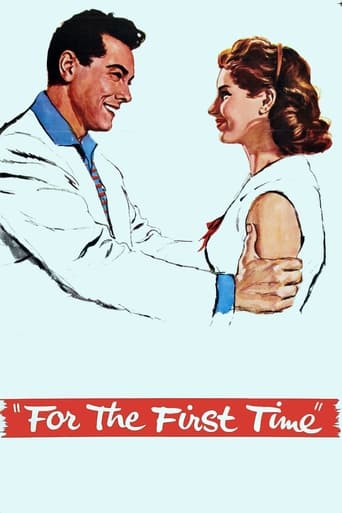
Original Music Composer
1959

Music Supervisor
1955
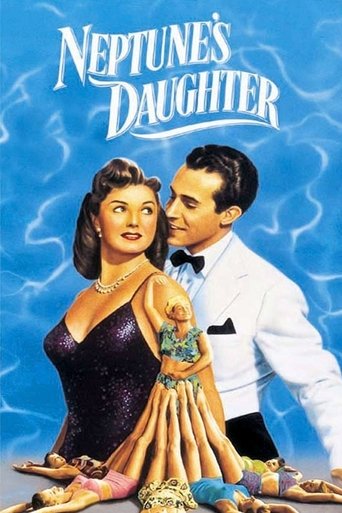
Original Music Composer
1949
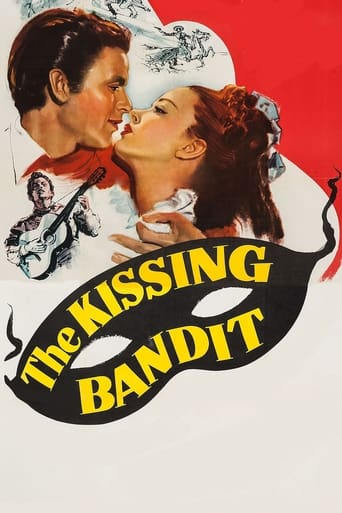
Music Director
1948
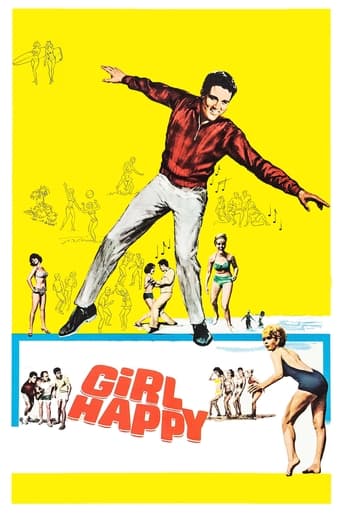
Original Music Composer
1965
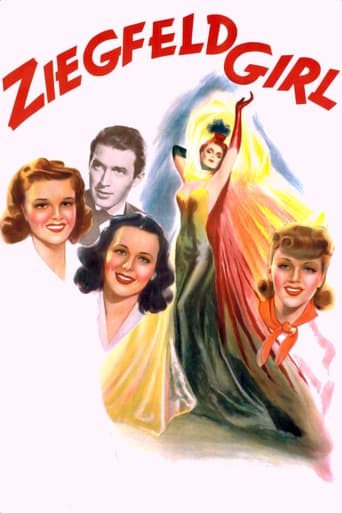
Music Director
1941
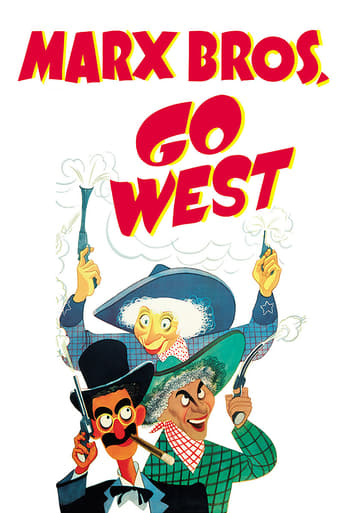
Original Music Composer
1940

Original Music Composer
1939

Music Director
1939

Music Director
1953
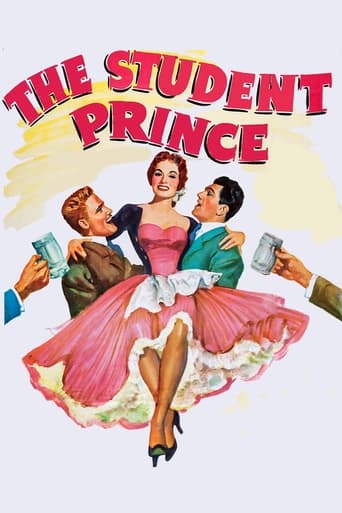
Original Music Composer
1954
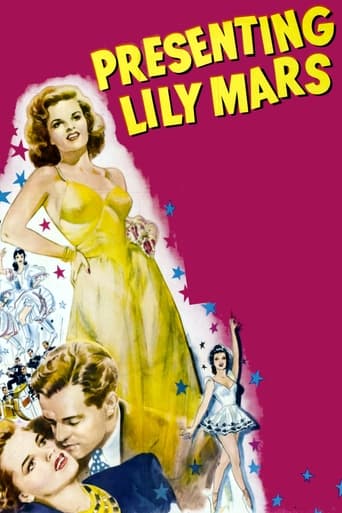
Original Music Composer
1943
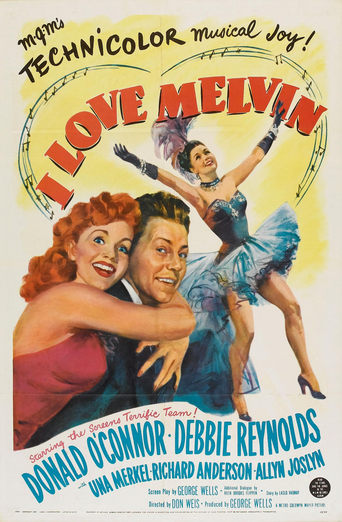
Music Director
1953
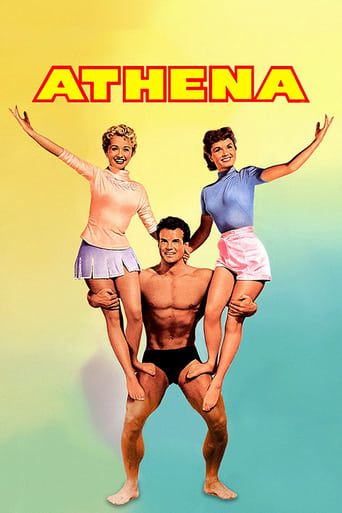
Original Music Composer
1954
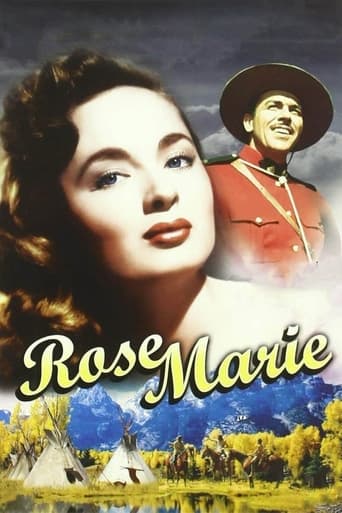
Songs
1954
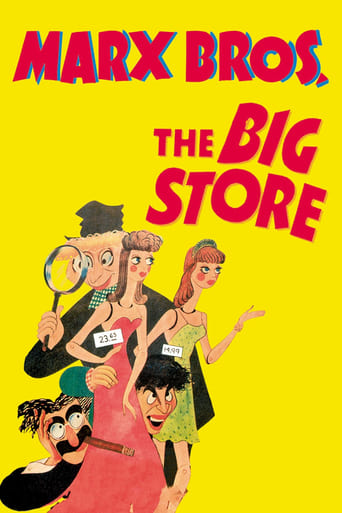
Music
1941
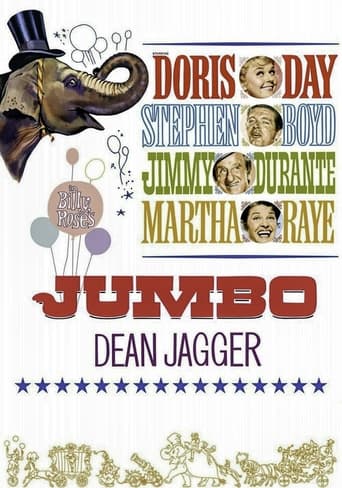
Music Supervisor
1962

Conductor
1962
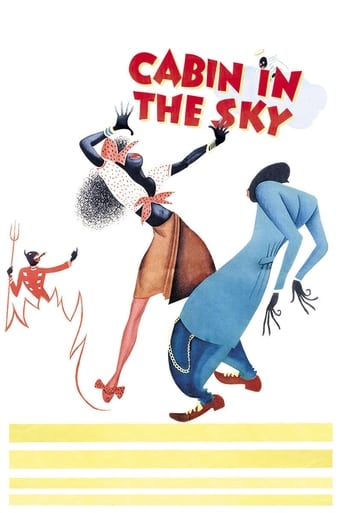
Original Music Composer
1943
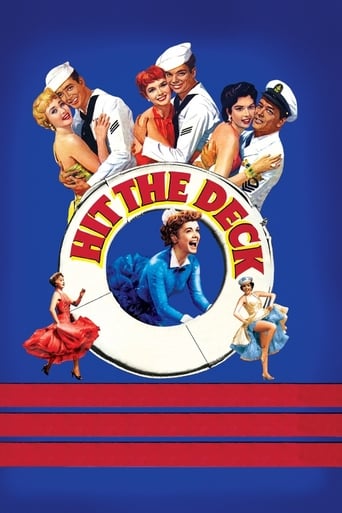
Original Music Composer
1955
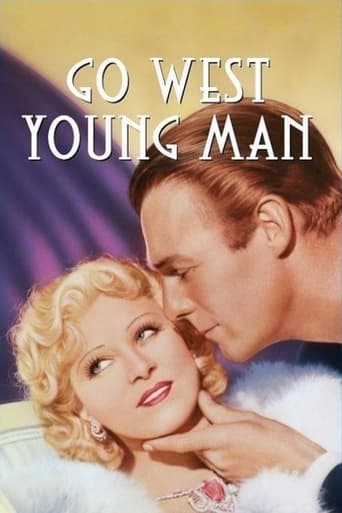
Original Music Composer
1936
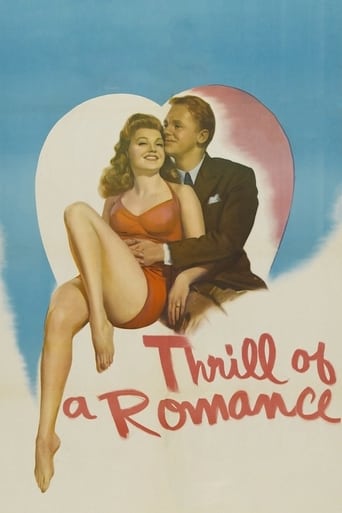
Music Director
1945

Music
1945

Songs
1945
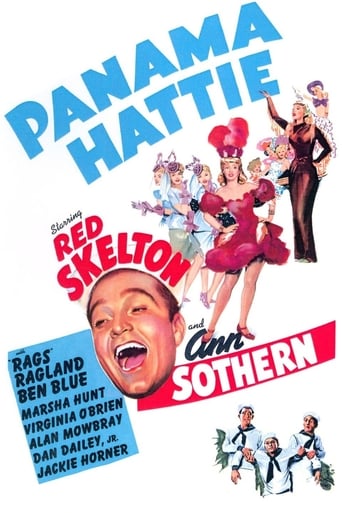
Music Director
1942
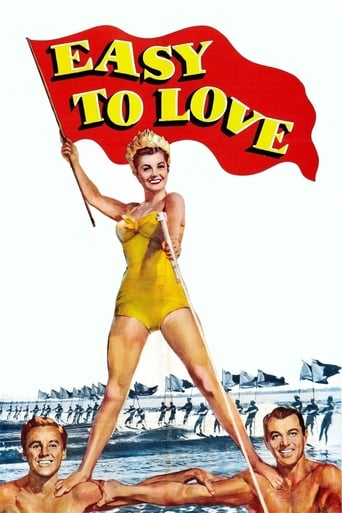
Music Director
1953
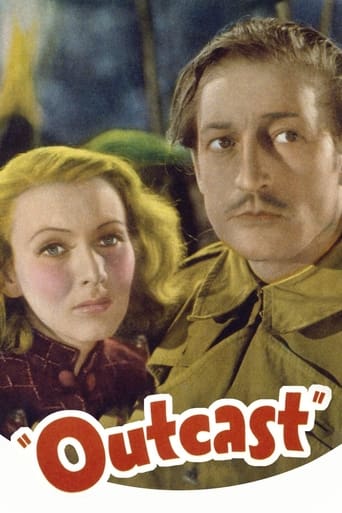
Music Director
1937
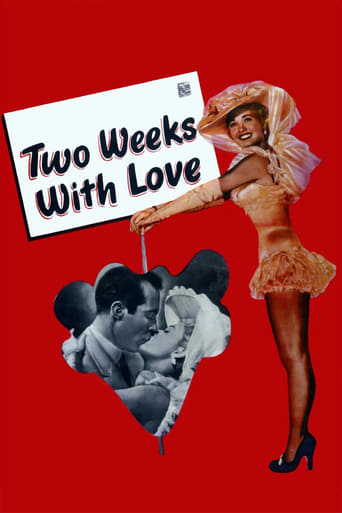
Music Director
1950
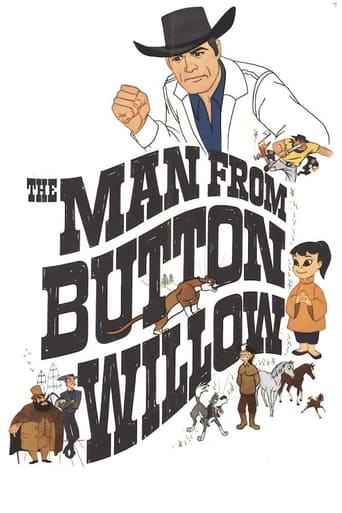
Music
1965
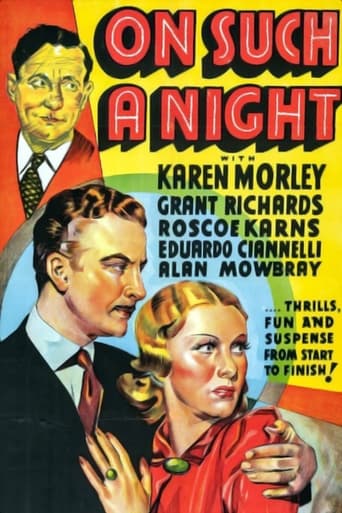
Music Director
1937
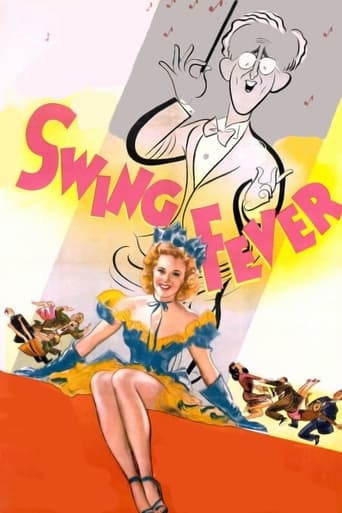
Music Director
1943

Original Music Composer
1943
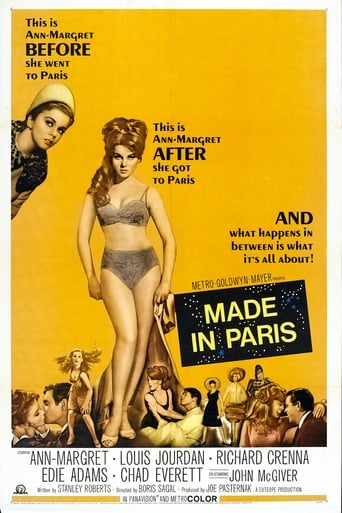
Original Music Composer
1966
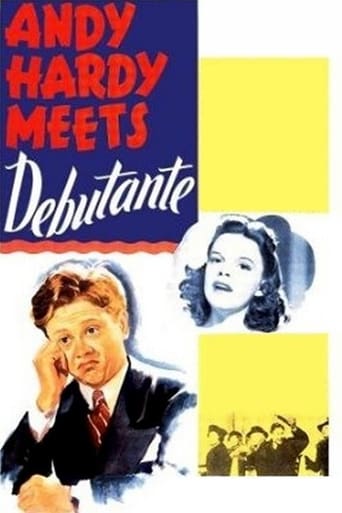
Conductor
1940
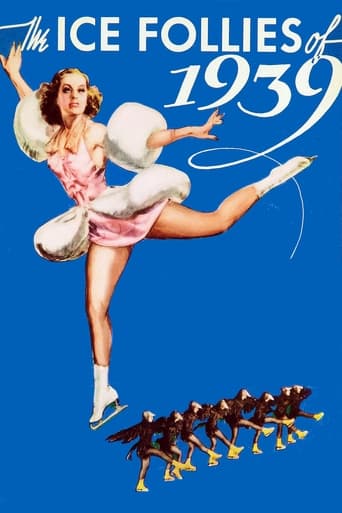
Music Director
1939
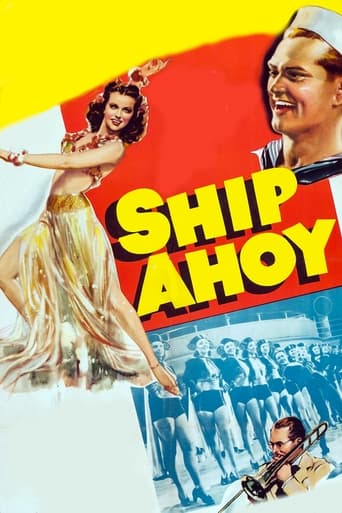
Original Music Composer
1942
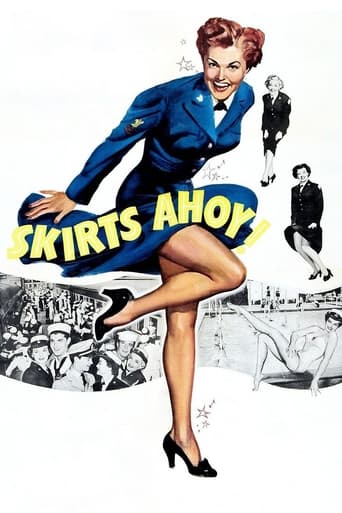
Music Director
1952

Original Music Composer
1952
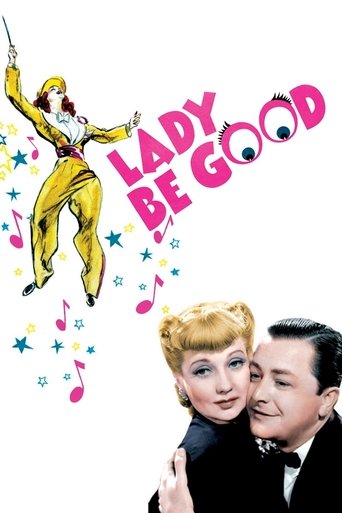
Music Director
1941
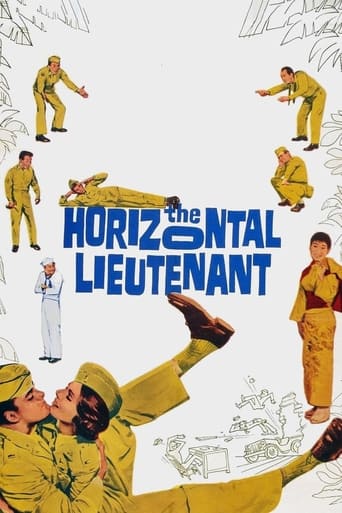
Original Music Composer
1962
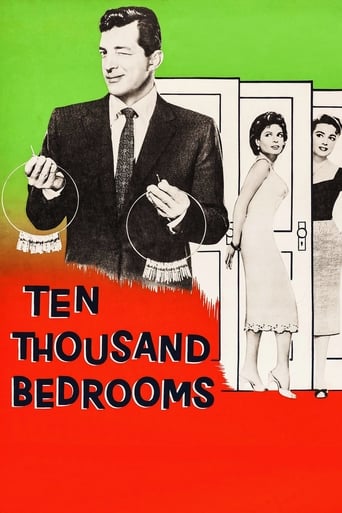
Music Supervisor
1957
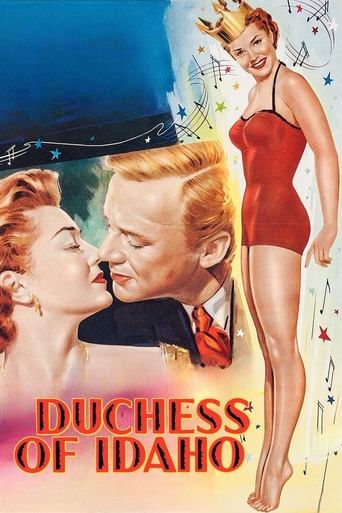
Music Director
1950
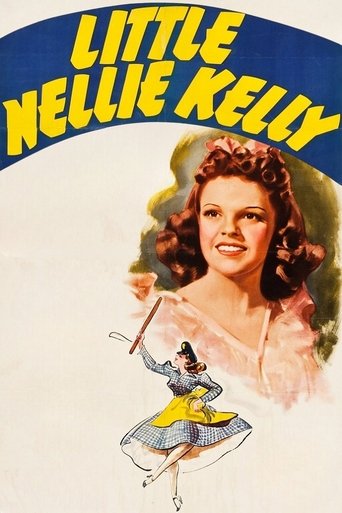
Music Director
1940
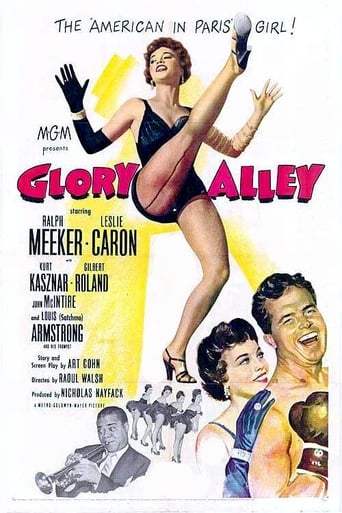
Music Director
1952


